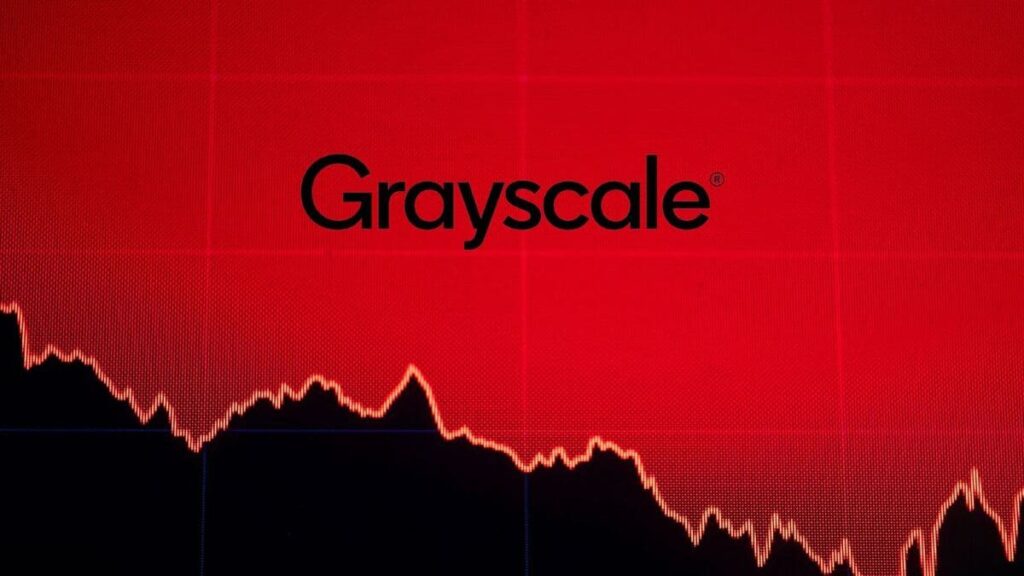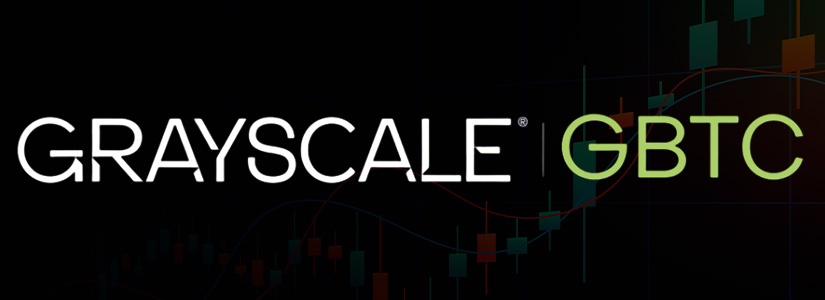TL;DR
- Investors have withdrawn over $10 billion from GBTC since its conversion to an ETF in January of this year.
- The high rate of capital outflows, averaging $338 million per day in the last week, is concerning for the manager and investors.
- The capital outflow is primarily attributed to the large difference in fees charged by Grayscale, which are 1.5%, compared to 0.25% for its competitors.
Investors have withdrawn over $10 billion from the Grayscale Bitcoin Trust (GBTC) since its conversion to an ETF in January of this year, representing a significant net outflow.
While the conversion to an ETF was seen as a positive step for Grayscale, the high rate of capital outflows, averaging $338 million per day in the last week, is a worrying sign.
[1/4] Bitcoin ETF Flow – 07 March 2024
All data in. Net total inflow of $472.6m. Another strong day, with Fidelity performing well, with +$473.4m of flow
Over $10 billion withdrawn from GBTC since 11th Jan 2024 pic.twitter.com/rpWyaqGxhL
— BitMEX Research (@BitMEXResearch) March 8, 2024
In contrast, competing Bitcoin ETFs, such as iShares Bitcoin Trust (IBIT) and Fidelity Wise Origin Bitcoin Fund (FBTC), which have considerably lower fees (0.25% compared to GBTC’s 1.5%), have experienced strong growth in their assets under management. IBIT has raised $9.7 billion and FBTC $6 billion in the two months since their launch.
Grayscale and GBTC Resist Thanks to Bitcoin’s Rise. The Manager Must Act Immediately to Avoid Further Losses
The reasons behind the capital flight from GBTC are varied. Some experts point to the high fee as the main deterrent for investors, while others suggest that regulatory uncertainty surrounding Bitcoin ETFs could also be playing a role.
However, the recent rise in the price of Bitcoin has cushioned the impact of capital outflows on GBTC’s assets under management, which remain around $27 billion.
Despite the current challenges, Grayscale remains an important player in the cryptocurrency industry. However, the company will need to find solutions to reduce fees and adapt to an evolving market and regulatory landscape if it wants to maintain its dominant position.
The future of GBTC and Bitcoin ETFs in general remains uncertain. The success or failure of the financial firm will depend on a number of factors, including the evolution of the Bitcoin price, regulatory clarity, and the ability of issuers to offer competitive products with low fees.











